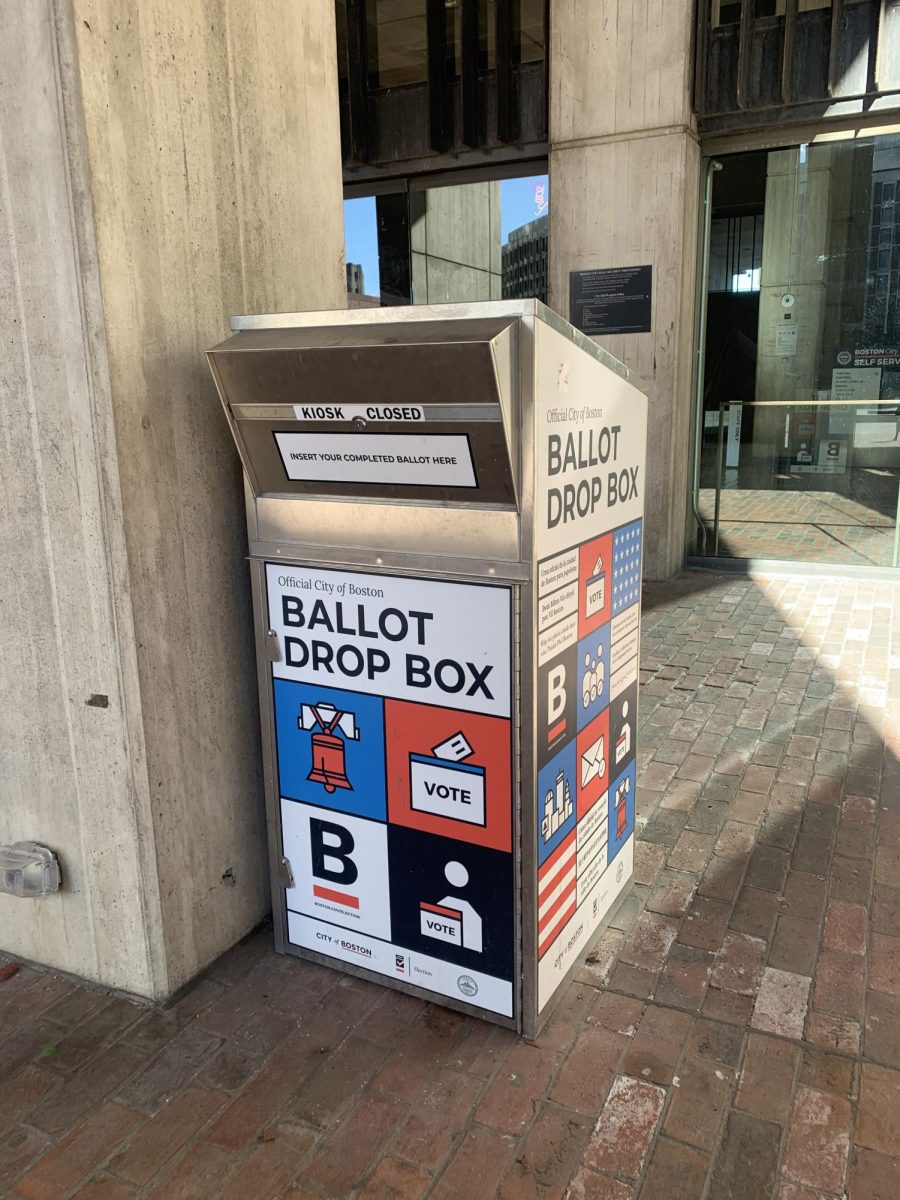The United States is anxiously anticipating the 2024 presidential election, which is shaping up to be even more tumultuous than the previous election in 2020. Amid conflicts like the war in Gaza, a fluctuating economy, attacks on reproductive rights and the climate crisis, the country is divided on who will be the best leader to address these issues.
Naturally, the public’s opinion is based on many factors, including personal beliefs about the economy, science and religion. Yet, generally speaking, Gen Z voters tend to side with Democratic views on issues such as abortion and LGBTQ+ rights, which have been continually targeted by the GOP in recent years.
Despite this, many young voters may choose to opt out of voting in the upcoming election regardless of their political affiliation. Young voters are apprehensive to vote for either party’s presumptive nominee, President Joe Biden and former President Donald Trump for the Democratic and Republican parties, respectively. Much of young voters’ apprehension is related to the age of both candidates and an overarching distrust in the U.S. government, likely due to the state of politics in recent years. In discussions with my peers, I often hear this election referred to as a choice between “the lesser of two evils.”
While I don’t think that is an unfair statement to make, it doesn’t mean Gen Z voters should turn down the opportunity to have a say in this country’s future. Opting not to vote for the “lesser of two evils” as to renounce both candidates and their political positions doesn’t benefit anyone, especially those who have the most at stake.
As the youngest generation of adults in the country, Gen Z voters have a long future ahead of them. The outcome of this election and its implications for all future politics in the U.S. may determine much of Gen Z’s satisfaction with their future in this country.
During the 2020 election, Gen Z voters played a major role in pushing voter turnout to be the highest in the country’s history. That momentum cannot be lost among Gen Z voters for the upcoming election, as decisions made by the next president will change our lives in this country as we know it.
It can feel uncomfortable to form an opinion by casting a vote if neither choice feels morally right or satisfactory to an individual. However, the hardest decisions are often the most important ones that need to be made.
The country’s policies surrounding immigration and reproductive rights are just a couple examples of issues that Gen Z voters cannot afford to be indifferent on. While it’s highly possible that neither candidate has a stance that fully aligns with one’s personal beliefs, choices still must be made in regards to dire issues.
Voters have to consider which candidate will best uphold their values and protect the welfare of U.S. residents, not just who will be a perfect president.
As of this year, 41 million Gen Z individuals will be of voting age. It is crucial they take advantage of that right. Gen Z voters are looking for politicians that are more representative of them, which means having younger politicians in office that will advocate for the beliefs of Gen Z. This election is the most opportune time to begin working toward that shift in our government.
I hope Gen Z voters will make the choice to go to the polls, undaunted by the controversy surrounding the election. We have so much information at our disposal, which can be overwhelming when trying to discern where one stands politically. But, what matters is what we choose to do with that information, and right now, voting is one of the most important things we can do for ourselves and others.
Kara Orsini is a third-year health sciences major and columnist for The Huntington News. She can be reached at orsini.k@northeastern.edu.


















